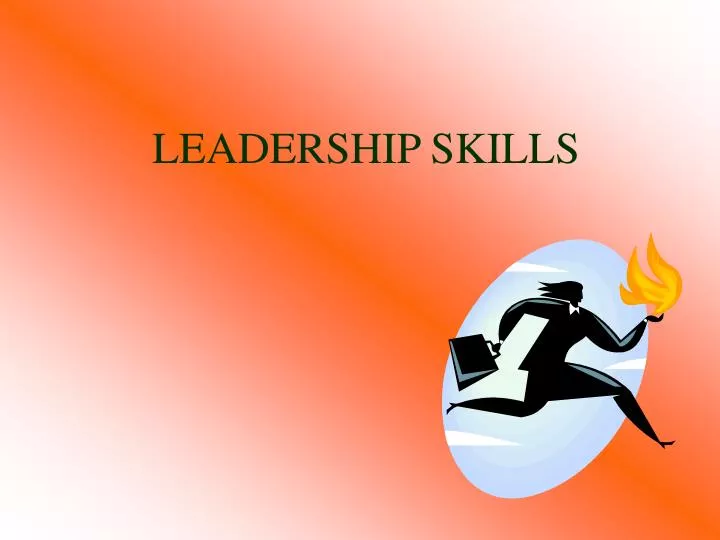In the current dynamic as well as adaptable business landscape, the importance of visionary leadership cannot be overstated. Leaders are not just individuals at the top of the hierarchy; they are the builders of a thriving organizational culture and the driving force behind team success. To cultivate an atmosphere where innovation and collaboration thrive, leaders must develop a suite of essential skills. These skills not only enhance personal effectiveness but also inspire and empower teams to achieve their targets.
Understanding the subtleties of leadership extends beyond mere management; it entails a significant commitment to personal growth and an unyielding focus on team dynamics. Whether you are stepping into a leadership role for the first time or aiming to sharpen your current skill set, there are important abilities you need to develop. From clear communication and emotional intelligence to strategic thinking and agility, this article will explore the best leadership skills every manager should attain. With the right roadmap, you can not only manage the complexities of leading a team but also create a goal that motivates others to come along on the journey in the direction of success.
Essential Managerial Abilities
Management is a multifaceted role that needs a wide-ranging set of skills to manage the intricacies of modern organizations. At https://peterashbysmith.com/top-5-leadership-qualities-for-modern-managers/ of effective management lie key capabilities such as emotional intelligence, planning acumen, and effective interpersonal communication. These fundamental abilities not only improve a leader's ability to connect with their staff but also allow them to take informed decisions that drive organizational success. The significance of emotional awareness, for instance, cannot be overstated; it allows managers to grasp and manage their own feelings while empathizing with others, leading to better connections and a unified work place.
In moreover to emotional intelligence, flexibility stands out as an essential ability for leaders in today’s dynamic environment. The ability to adapt in response to changing circumstances allows leaders to lead their groups through ambiguity and embrace chances for progress. This flexibility also extends to managing disputes, where leaders must address differing viewpoints and encourage a culture of cooperation. By honing these abilities, managers not only improve their performance but also foster confidence and adaptability in their teams.
Ultimately, the capability to convey information well functions as the cornerstone of effective leadership. Strong interpersonal communication abilities ensure clarity in vision and objectives, ensuring that all employees are aligned with company goals. Moreover, attentive listening is a critical component that complements strong communication, as it encourages leaders to truly understand their group's insights and concerns. By prioritizing these key leadership skills, managers can set the foundation for lasting achievements and cultivate a vibrant and effective work environment climate.
Creating Effective Teams
Establishing strong teams is important for any leader seeking to reach organizational success. A leader must recognize that a unified team can leverage individual strengths to drive collective results. To nurture this environment, leaders should support open communication and collaboration. By establishing trust among team members, leaders can create a sense of belonging that motivates individuals to engage fully.
Developing strong decision-making skills is essential in guiding teams toward alignment and common objectives. Leaders should involve team members in the decision-making process, allowing them to take ownership of their roles. This approach not only boosts morale but also fosters a culture of accountability, where each member feels responsible for the team's success. Additionally, being adaptable allows leaders to navigate challenges while maintaining team cohesion.
Inspiration and motivation are crucial in keeping teams engaged and aligned. Leaders must genuinely listen to their team members, recognizing their needs and aspirations. By acknowledging achievements, both big and small, leaders can significantly boost morale. Ultimately, a great leader understands that building strong teams is an continuous process that requires consistent effort, understanding, and a dedication to the common vision.
Handling Obstacles
Leadership is commonly put to the test in the face of adversity. Successful leaders must be prepared to navigate difficult situations that occur unexpectedly. It is important for leaders to apply robust decision-making skills and critical thinking to analyze the circumstances precisely. Whether handling organizational changes, conflicts within the team, or external market pressures, the ability to evaluate the situation, evaluate options, and take informed choices is vital for maintaining order and guiding teams toward achievement.
Understanding emotions plays a pivotal role when facing challenges. Leaders who recognize and regulate their own emotions, while also being sensitive to the feelings of their team members, can cultivate an environment of trust and collaboration. Intentional listening becomes particularly vital during difficult times, as it allows leaders to tackle concerns and empathize with their team's experiences. By successfully communicating and demonstrating resilience, leaders can instill confidence, motivating their teams to persist through trials.
In addition, embracing changeability is critical to overcoming challenges. The modern landscape is filled with rapid changes, and leaders who can pivot and adapt their strategies appropriately are better positioned to succeed. Providing constructive feedback and encouraging innovation within the team can boost problem-solving capabilities. As leaders focus on fostering creativity, they not only navigate current challenges but also equip their teams for potential uncertainties, ensuring ongoing success.

